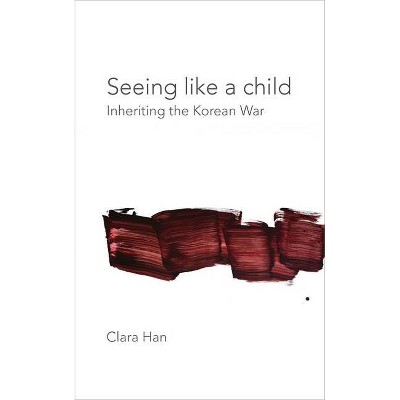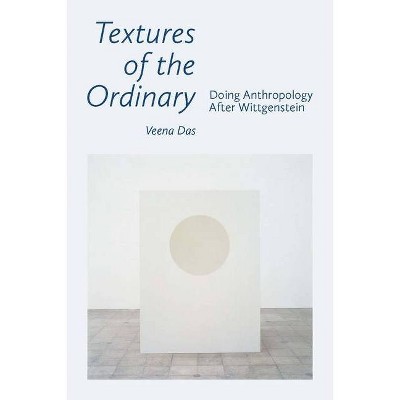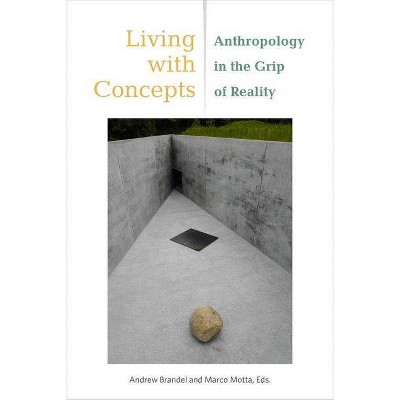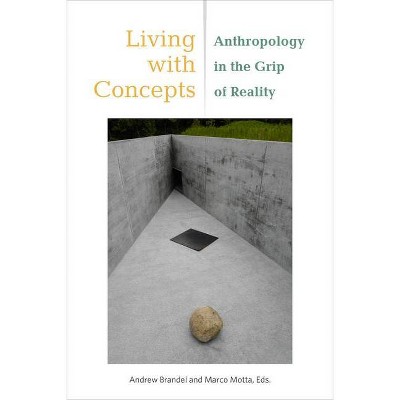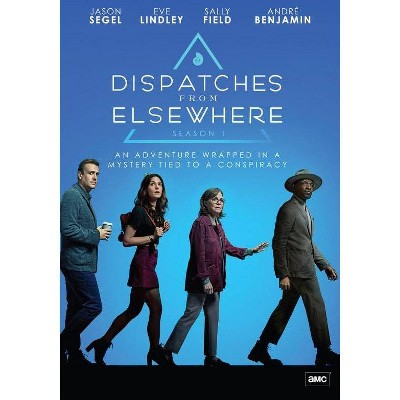The Doctor and Mrs. A. - (Thinking from Elsewhere) by Sarah Pinto (Hardcover)
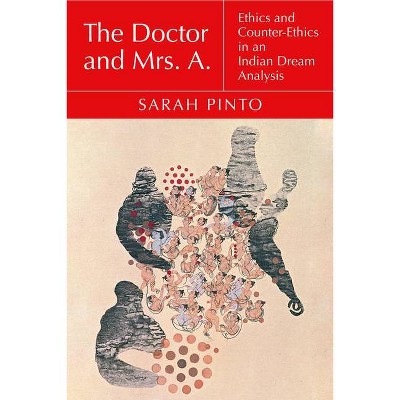
Similar Products
Products of same category from the store
AllProduct info
<p/><br></br><p><b> About the Book </b></p></br></br>In the 1940's, the young Punjabi "Mrs. A." reflected on sexuality, gender, and struggle in a dream analysis with psychiatrist Dev Satya Nand, drawing on Hindu myth to conceive a better, socialist future. An unconventional history of gender and sexuality in late colonialism, this book reminds us that the West does not have a monopoly on feminism, psychiatry, or ethical paradigms.<p/><br></br><p><b> Book Synopsis </b></p></br></br><p>Just before India's independence, a young Punjabi woman, ill at ease in her marriage and eager for personal and national freedom, sat down with psychiatrist Dev Satya Nand for an experiment in his new method of dream analysis. The published analysis documents a surge of emotion and reflections on sexuality, gender, marriage, ambition, trauma, and art. "Mrs. A." (as she is known) turned to female figures from Hindu myth to reimagine her social world and its ethical arrangements, envisioning a future beyond marriage, colonial rule, and gendered constraints. <p/>This book explores the conversation between Mrs. A. and Satya Nand, its window onto gender and sexuality in late colonial Indian society, and the ways Mrs. A. put ethics in motion, creating alternatives to ideals of belonging, recognition, and consciousness. It finds in Mrs. A.'s musings repertoires for the creative transformation of ideals and explores the possibilities of thinking with a dynamic concept of counter-ethics. An unconventional history of gender and sexuality in late colonialism, this book reminds us that the west did not invent feminism, that psychiatry's history of innovation and creativity is global, and that ethical thinking does not need to center on western myths or paradigms.</p><p/><br></br><p><b> Review Quotes </b></p></br></br><br>Sarah Pinto's <i>The Doctor and Mrs. A</i> is at once a strikingly patient and a boldly motile monograph... Anyone with interests in anthropology, history, the medical humanities, gender and sexuality studies, ethics, and South Asian studies will benefit from accompanying Pinto through this creative journey of thought.<b>---Talia Katz, <i>Ethos</i></b><br><br>An engrossing and poignant work regardless of its moment of arrival, <i>The Doctor and Mrs. A.</i> happens to be a perfect offering now, when our social and ethical worlds--including worlds of research--are crumbling. How, and in what shape, will they be rebuilt?-- "Journal of the History of the Behavioral Sciences"<br><br><i>The Doctor and Mrs. A</i> ventures to show us not only the relevance of intimate thoughts and emotions for the development of social and ethical theory, but also what a more liberated and creative form of social analysis might look like. It is a book that should be of interest not only to South Asianists, but to anyone who is interested in how culture and history gets under the skin and or how people are capable of reimagining the worlds into which they have been thrown.-- "Medical Anthropology Quarterly"<br><br>A richly layered, rigorous, often surprising, delightful romp of a book that will appeal to a wide range of readers.<b>---Lucinda Ramberg, Cornell University, <i></i></b><br><br>Sarah Pinto's brilliant third volume on women's lives in India sets three time horizons in conversation with one another: the tense 1940s just before Partition; the mythic figures of Draupadi, Shakuntala, and Ahayla; and today's women, including the author and a wonderful meditation using artist Shahzia Shikander's imagery of gopi hair. Dev Satya Nand, a psychoanalyst, and Mrs. A., a twenty-one-year-old regretting her marriage and the foreclosure of college ambitions, and in thrall to Nehru and Hindu socialism, together reinvent Freud's methods and set the volume in motion.<b>---Michael M. J. Fischer, Massachusetts Institute of Technology, <i></i></b><br><p/><br></br><p><b> About the Author </b></p></br></br><b>Sarah Pinto</b> is Professor of Anthropology at Tufts University. She is the author of two books on the gendering of medical practice in contemporary India, <i>Daughters of Parvati: Women and Madness in Contemporary India</i> (Penn, 2014, winner of the Eileen Basker Memorial Prize) and <i>Where There Is No Midwife: Birth and Loss in Rural North India</i> (Berghahn 2008). With Mary-Jo DelVecchio Good, Sandra Hyde, and Byron Good, she coedited <i>Postcolonial Disorders</i> (California, 2008).
Price History
Price Archive shows prices from various stores, lets you see history and find the cheapest. There is no actual sale on the website. For all support, inquiry and suggestion messages communication@pricearchive.us

